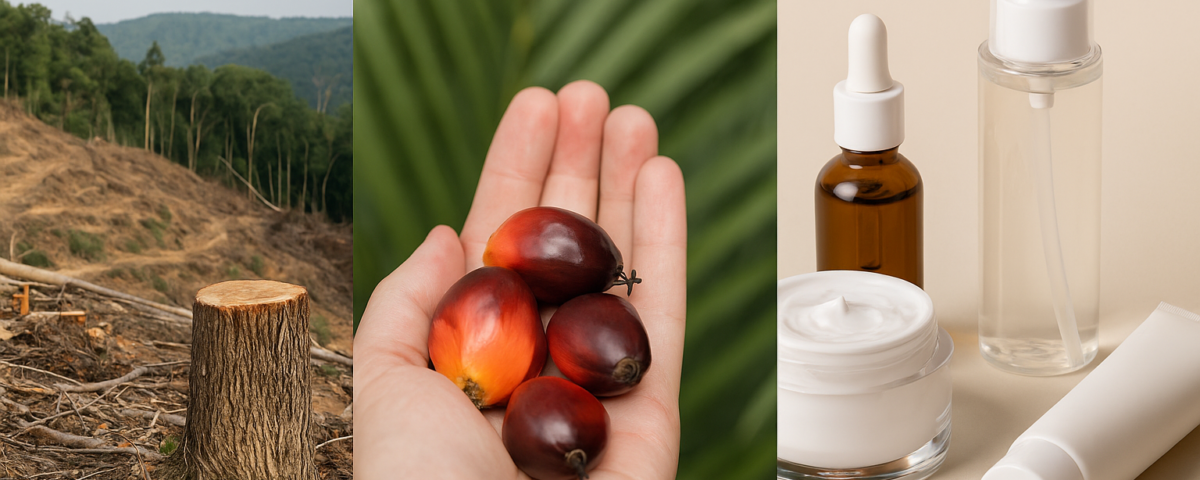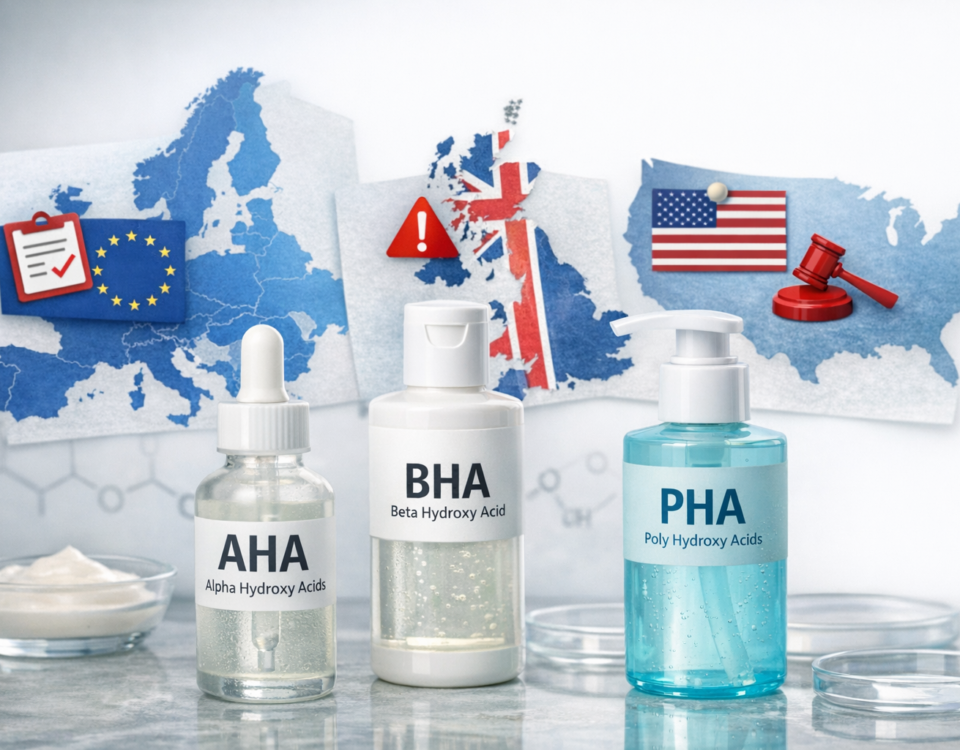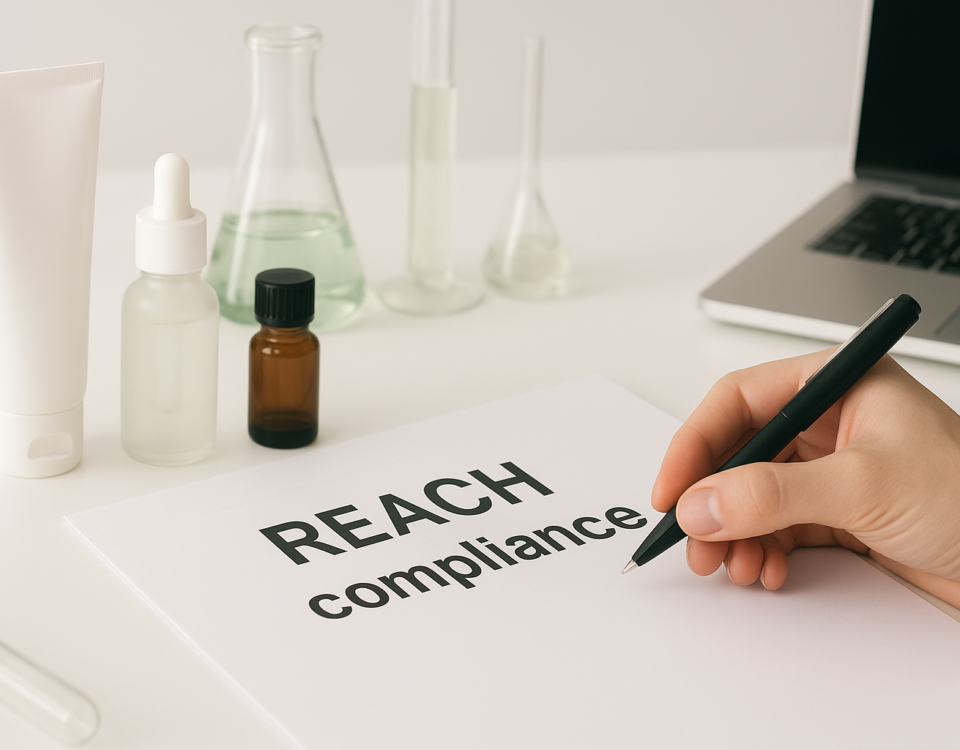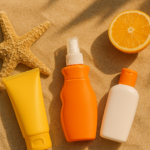
SUNSCREEN PRODUCTS AND THEIR REGULATORY SPECIFICS IN EUROPE
21 May 2025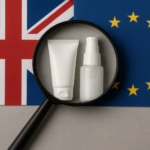
Cosmetics and Brexit: what remains of regulatory convergence with the EU?
28 July 2025THE TEXT
The EU Deforestation Regulation 2023/1115 was published on 9 June 2023.
This text prohibits the placing on the market or exporting of products derived from deforestation within the European Union (EU).
The aim is to minimise the EU’s contribution to deforestation and forest degradation.
The relevant commodities are cattle, cocoa, coffee, oil palm, rubber, soya and wood, as well as their derivatives (relevant products), as listed in Annex I to the Regulation. This list will evolve and be updated regularly.
Implementation has been postponed by one year, taking effect on 30 December 2025 (30 June 2026 for very small enterprises (VSEs) and micro, small, and medium-sized enterprises (SMEs)).
WHO IS AFFECTED?
The text defines two key players.
The operator is the manufacturer or importer of the listed materials (i.e. commodities and relevant products). They are the first party to place the product on the market.
Example: a supplier of listed raw materials derived from palm who imports them into the EU market.
The trader is the distributor who purchases and resells the listed material on the market.
Example: a distributor of listed raw materials derived from palm who markets them in the EU.
The obligations of these parties vary according to company size.
WHAT ARE THE OBLIGATIONS?
Stakeholders must ensure that the raw materials in question meet the following three conditions. If they do not, they will be prohibited from being placed and made available on the market and exported.
1/ Zero associated deforestation
It is important to ensure that the cultivated parcel from which the material originates existed before 31 December 2020. Traceability must be linked to GPS coordinates.
2/ Compliance with the legislation of the country of production
The material must be manufactured in accordance with the relevant legislation of the country of production.
3/ Make a due diligence statement (to be kept for five years)
A procedure is required that proves the Regulation is being complied with by:
– collecting information on the relevant product
– assessing the associated risks
– implementing measures to mitigate these risks.
The due diligence statement will need to be made on the European Commission’s platform before the materials concerned are placed and made available on the EU market or exported.
HOW WILL COSMETICS BRANDS BE IMPACTED?
Cosmetics sellers are not directly affected by the obligations, even if their products contain a listed raw material (e.g. soap containing listed oil palm or paper packaging containing listed paper).
However, they have a duty of care with regard to their suppliers. The risks are reputational in the event of non-compliance with the Regulation and operational in the event of a disruption in the supply of the listed raw material.
Brands should ensure that their raw material suppliers comply with the Regulation and have processes in place to fulfil their obligations, as appropriate.
Spotlight on palm oil and its derivatives, widely used in cosmetics.
The palm oil industry has already been under scrutiny for several years and has implemented RSPO (Roundtable on Sustainable Palm Oil) certification and the mass balance system. This system is the most widely used one in cosmetics. However, it will not be enough to ensure compliance with the EU Deforestation Regulation, particularly with regard to geo location criteria. A new tool is being developed to collect the necessary information to ensure compliance with the Regulation for this system.
ANTICIPATE THIS NOW, WITH CLEAR
Do you want to ensure that the raw materials used in your products are compliant with the Regulation? CLEAR will help you through the transition. Get in touch with us now to find out more and adopt the necessary actions.

